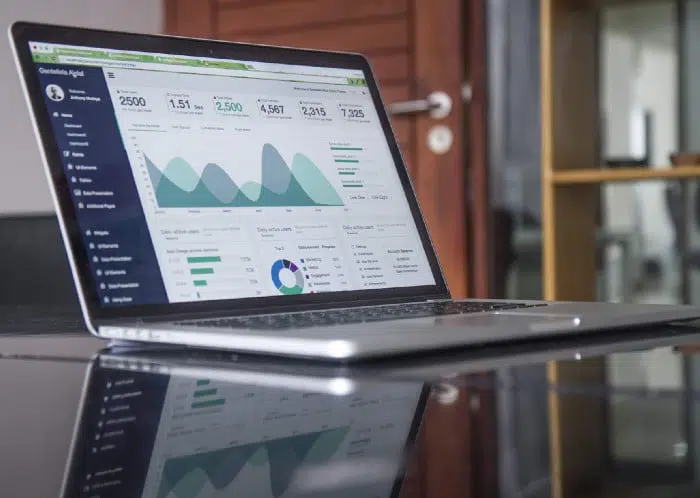
The short answer is no. The migration of a Delphi application from any version before 2009 to a modern Delphi version is not effortless.
There are many reasons why it is a good idea to migrate a Delphi application:
– Updating your Delphi application ensures compatibility with the latest operating systems, such as Windows 10 and 11. This not only keeps your application running smoothly on modern platforms but also allows you to leverage new features and enhancements that come with these operating systems.
– User expectations have evolved, and they now demand sleek, intuitive, and responsive interfaces. By updating your Delphi application, you can utilize modern visual frameworks
like VCL and FMX to provide a more appealing and user-friendly interface, helping you retain existing users and attract new ones.
– Over time, applications can become bogged down with inefficient, outdated code. Migrating or updating your Delphi application allows you to refactor and optimize your codebase, resulting in better performance, increased stability, and a smoother user experience.
– With a significant portion of internet users relying on mobile devices, having a desktop-only application limits your reach. Modernizing your Delphi application can help you build cross-platform solutions that work seamlessly on both desktop and mobile devices, expanding your application’s audience and utility.
– Cleaning up and modernizing your codebase makes your application easier to maintain and update in the future. This reduces technical debt and ensures that your development team can quickly address bugs, implement new features, and adapt to changing user needs.
Sometimes a Delphi migration is easy. This depends on the complexity of an application and the current Delphi version. Migration from Delphi 2007 to Delphi 12 is often simpler than migration from an older version (Delphi 5) to Delphi 12. The latter has more obsolete components and more code needs to be rewritten.
For example, you have to be aware of the introduction of Unicode. Embarcadero introduced full Unicode support in RAD Studio in 2008. It involved a radical change to several fundamental data types: the definitions for the String, Char, and PChar types changed. These changes introduced potential migration issues for applications, libraries, and shared units. Therefore: migrating an older application to Delphi 12 – based data types like Char, PChar, and String – can be challenging.
The Delphi programmers of GDK Software have migrated hundreds of existing Delphi applications. It often turns out that about eighty to ninety percent of the code can be reused. The remaining ten to twenty percent has to be rewritten. We often use our own migration tool to rewrite older code automatically. This migration tool is called GDK Duster. In GDK Duster, there are more than 500 ready-to-use solutions. GDK Duster uses the Delphi compiler to automatically compile programs, search for errors, and modify code to fix these errors. A large part of the errors can be solved automatically. And the rest? With the convenient built-in editor, you can easily add new solutions to the list yourself, so you only have to add each solution once.
See how Duster works in the video below:
Do you want to migrate your existing Delphi application? You can do it yourself with GDK Duster or you can contact us. We will be happy to discuss the possibilities with you. If you choose GDK Software, you will be assisted by a strong team of specialists. We hope to see you soon!